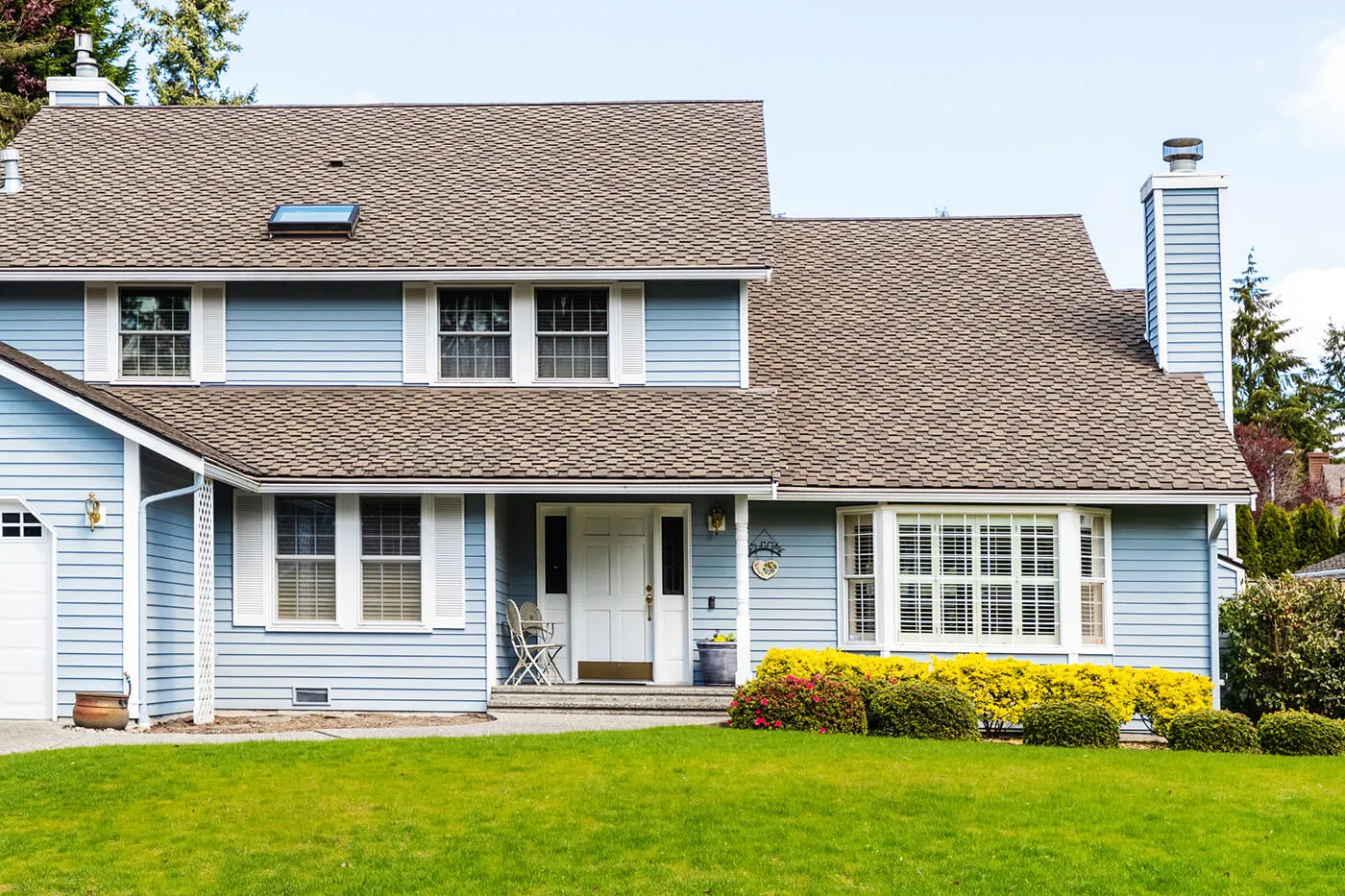What Is a Probate Sale?

Whether you're a real estate investor or someone who's simply in the market for a new home, you may have come across probate sales and wondered how they work. When someone dies with more debt than cash savings, assets such as their home can be sold to satisfy their creditors. At that point, any remaining wealth can then be passed on to their heirs and beneficiaries as outlined in their will. (If there is no will, these assets will still pass through probate where the court will follow state laws to determine ownership.)
It sounds straightforward enough, but probate sales can be complicated and time-consuming for buyers and family members of the deceased. To alleviate potential stress, it's wise to go into it with a realistic idea of what to expect.
How a Probate Sale Works
It isn't out of the ordinary for a homeowner to die with debt in their name. If they had a will, there should be an executor who's been named to manage their estate accordingly. These duties can include distributing assets to beneficiaries, paying creditors or selling a home belonging to the deceased if a probate sale is in order. In cases where there is no will, the court will typically handle the sale itself or appoint an administrator of the estate to do so. Either way, a real estate agent may be brought in to show the property and help coordinate the sale.
Probate properties are generally sold "as is." In other words, buyers hoping to negotiate that certain home repairs be completed prior to purchase aren't likely to succeed. This kind of take-it-or-leave-it arrangement isn't a good fit for all buyers, but the upside is that you're more likely to land a sale price that's below market value. Just be aware that putting in an offer is often the first of many steps when buying a probate property. If the home is being sold by the executor of the estate, the court may still have to approve your bid before moving forward.
You also may need to come up with more cash upfront. You'll likely need a deposit of at least 10% ready to go in addition to your down payment, according to the National Association of Realtors, though these extra funds can be added to your down payment at closing. Things may be different if the property is being sold by the court, as opposed to a will's executor. In this case, the sale could be structured like an auction where the highest bidder must pay with cash or check.
What to Know Before Buying a Probate Sale Property
Buying a probate property comes with its own unique pros and cons. On top of the additional upfront funds that may be required, these kinds of sales could be inherently riskier than traditional home sales. Since the owner is no longer living, you won't be able to ask questions about the property or have them disclose any important issues with the home. This makes it that much more important to hire a qualified home inspector who can identify potentially costly problems.
Since probate sales are known for being complex, you may also want to partner with a real estate attorney who has experience handling these types of transactions. They should be able to help you navigate the tricky legal terrain of the probate process, and advise you whether it makes sense to move forward.
How Long Does a Probate Sale Take?
From start to finish, the process of buying a probate property can be quite lengthy due to the fact that the court is involved and there are so many interjecting parties. With a traditional home sale, things can move swiftly if there's a competitive offer and no major issues with the property. In April 2021, the National Association of Realtors reported that properties typically stayed on the market for just 17 days.
A probate sale, on the other hand, can get drawn out by red tape like court approvals, objections from heirs or multiple bids. For these reasons, they may be better suited for buyers who have time to be patient. The timeline can vary, but it isn't uncommon for it to take six to 12 months to close the deal.
The Bottom Line
Buying a home usually comes with its fair share of hurdles. Opting for a probate sale can create different kinds of challenges, but one fact remains: If you plan on financing your new home with a mortgage, having the strongest credit score possible is always a good thing. Understanding what's on your credit report can help you spot potential issues and improve your credit score before applying for a mortgage. Check your credit report for free in a matter of minutes with Experian.
What’s on your credit report?
Stay up to date with your latest credit information—and get your FICO® Score for free.
Get your free reportNo credit card required
About the author
Marianne Hayes is a longtime freelance writer who's been covering personal finance for nearly a decade. She specializes in everything from debt management and budgeting to investing and saving. Marianne has written for CNBC, Redbook, Cosmopolitan, Good Housekeeping and more.
Read more from Marianne